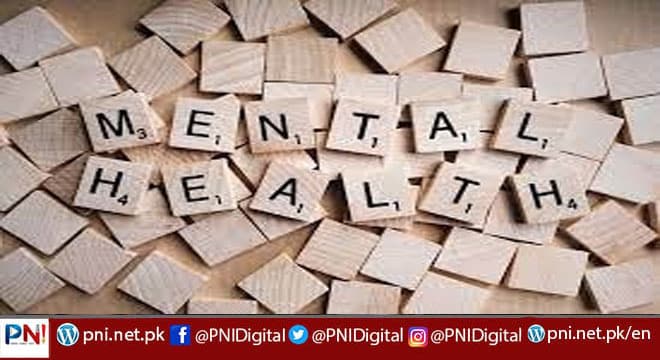ISLAMABAD, Nov 04 (APP):With a large majority of Americans concerned about climate change and an increasing number expressing alarm and distress, it is past time to address this burgeoning public health crisis at the individual, community and societal levels, according to a report from the American Psychological Association and ecoAmerica.
“Our climate is changing at an unprecedented and alarming rate with profound impacts on human life,” said the report, entitled, “Mental Health and Our Changing Climate: Impacts, Inequities, and Responses.” “Climate change-fueled acute disaster events are causing deleterious impacts on human health. Longer term climate change leads to temperature-related illness and mortality, spread of vector-borne disease, respiratory issues and allergic response, compromised fetal and child development, and threats to water and food supply and safetyóamong other impacts,” Medical Xpress reported.
The effects of climate change on humans, however, go beyond physical health.
“Climate change is one of the most crucial issues facing our nation and the world today, and it is already taking a huge toll on the mental health of people around the globe,” said APA CEO Arthur C. Evans Jr., Ph.D. “Psychology, as the science of behavior, will be pivotal to making the wholesale changes that are imperative to slowóand, we hope, stopóits advance.”
The report, an update to a 2017 report also issued by APA and ecoAmerica, is intended to inform and empower health and medical professionals, community and elected leaders and the public to pursue solutions to climate change that will support mental health and well-being. This is particularly important as world leaders proceed with climate negotiations at COP26, the United Nations Climate Change Conference.
Over three-quarters of Americans report that they are concerned about climate change, and about 25% say they are “alarmed,” nearly double the percentage who reported feeling alarm in 2017, according to the latest report.
The most immediate effects on mental health can be seen in the aftermath of increasing disaster events fueled by climate change, such as hurricanes, wildfires and floods. These effects can include trauma and shock, post-traumatic stress disorder, feelings of abandonment, and anxiety and depression that can lead to suicidal ideation and risky behavior. At the community level, these disasters can strain social relationships, reduce social cohesion and increase interpersonal violence and child abuse.
“Like climate change itself, these mental health implications and the related inequities cannot be ignored,” said Meighen Speiser, executive director of ecoAmerica. “We need to surface and address them immediately, and we can. America and Americans have the will and wherewithal to protect our climate and our future.”
Follow the PNI Facebook page for the latest news and updates.









